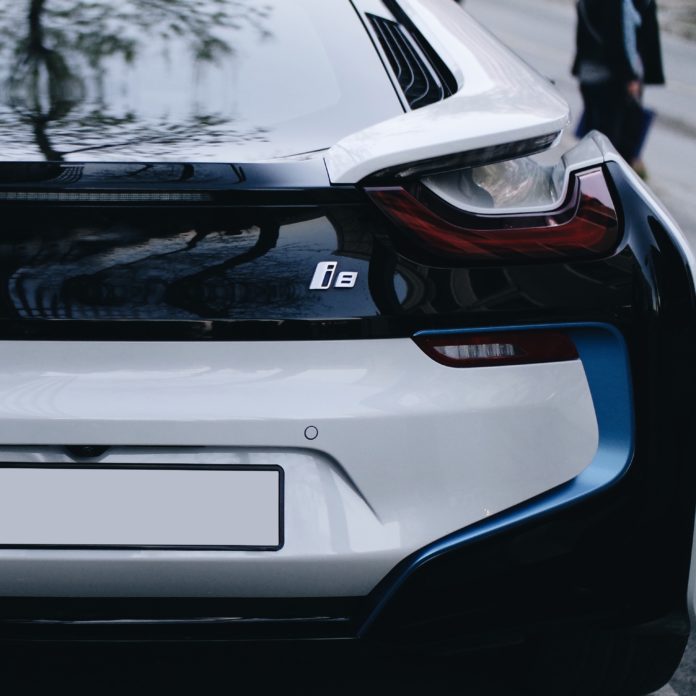
Is the internal combustion engine a dinosaur facing the asteroid? While legions of car-loving fans might say “no,” some scientists – and increasingly politicians – are looking for a future in which cars hum rather than roar.
This week, Senator Jeff Merkley (D-OR) recently announced that he will propose a bill that will completely phase out new gas-burning vehicles by 2040. The bill will mandate that zero-emissions vehicles (fully electric) are 50 percent of new sales by 2030, and the requirement will increase by five percent every year for a decade until 2040. Merkeley said the legislation is in response to information from scientists that carbon dioxide concentrations in the atmosphere has reached levels not seen in 800,000 years. Transportation is the U.S.’s biggest source of greenhouse gas emissions.
“When I take a lungful of air in this moment, it has 30 percent more carbon in it than when I was born,” Merkley told HuffPost. “That is a change that has never happened in a single generation of humankind on this planet.”
The legislation is intended to be part of the New Green Deal, a coalition of Congressional Democrats multi-pronged initiative for zeroing out emissions, fortifying infrastructure and reducing poverty with millions of union-wage jobs. Ultimately, it’s hoped that the Green New Deal will achieve net-zero greenhouse gas emissions within 10 years and create better jobs in clean energy.
“This is just one small contributor to that vision,” Merkley said. “But we need to develop the details around many ideas so those ideas are ready to be combined into a larger package.”
Car makers are largely getting on board with the production and marketing of EVs. The Economist reported in April that the reason optimistic forecasts about EVs no longer look outlandish is the entry into the electric race of the car industry’s juggernauts.
The bill would, among other things, provide zero-emission vehicle credits to manufacturers. The bill was cosponsored by Senators Sheldon Whitehouse (D-RI), Brian Schatz (D-HI), Kamala Harris (D-CA), Kirsten Gillibrand (D-NY) and Bernie Sanders (I-VT). Rep. Mike Levin (D-CA) plans to introduce an accompanying bill in the House of Representatives.
Even supporters, however, are aware they’ve got a tough sell on the zero emissions bill with a Republican majority Senate.












